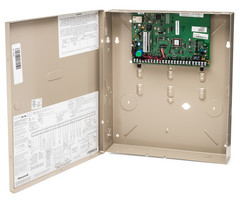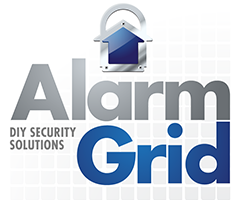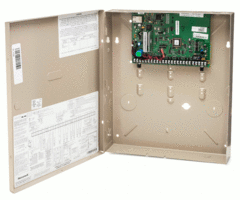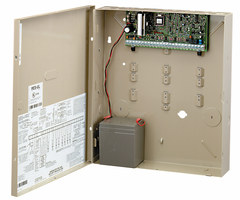Why a Voltmeter is Essential for Installing a Hardwired Alarm System
Posted By Michael GorisHi DIYers! We know that many users take on the task of setting up their own hardwired security system. We think this is great, as it really lets a DIY user get to know their alarm panel. But there are some extra tools we recommend for setting up a wired system. One of which is a voltmeter.
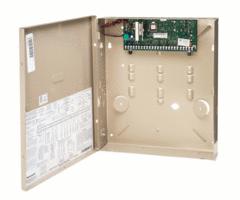
All alarm systems require electricity for basic operation. But this electricity is used for more than just powering the panel. Various equipment like sensors and keypads will also require power. With hardwired systems, the peripheral equipment will actually draw power from the panel. Not only is the system's plug-in transformer powering the panel, it is also keeping its many devices running as well. If the electricity goes out, the panel should also have a backup battery to ensure that everything remains powered.
The important thing to understand is that plugging in a transformer does not suddenly supply an infinite amount of electricity for an alarm system. There's a limit to how much power a system can provide. Each transformer can only provide a limited amount of current. There are also current limiting devices like fuses and breakers that are built into each of the output circuits on a system. These are used to prevent things like the bell circuit, the battery charging circuit and the auxiliary power circuit from allowing enough current through to damage the system. If you try to add too many devices to a system, you may find that they will not work properly. Worse yet, if you don't use the specified transformer and other manufacturer-specified peripheral devices, you could cause serious damage to the system.
For smaller applications, this is not usually a major concern. But as you add more powered devices to an alarm system, the chance for overload becomes greater. You may need to add a second power supply, along with an additional transformer and battery. However, you shouldn't be working blindly. Using a voltmeter with the ability to read current (technically a multi-meter) is very important for knowing the current load and making sure that the current power supply is adequate.
A voltmeter works by applying a known amount of current and resistance to a circuit. Ohm's Law tells us that if you know any two of three values (voltage, current or resistance), you can then calculate the third value. A hardwired zone on an alarm panel works largely in the same way. Voltage, along with a small amount of current, is fed through a zone circuit. Based on the Ohm's Law principle, if you know the amount of voltage being applied, and you know the amount of current being applied, you can then calculate the amount of resistance that is present on the circuit. This is how a zone with an end-of-line resistor works. When you make a zone Normally Open or Normally Closed, you simplify things even further. If current is flowing, the zone is open. If current is not flowing, the zone is shorted or closed. Without a voltmeter, troubleshooting wired zones becomes much more difficult. The voltmeter doesn't even have to be a big expensive model. It just needs to provide basic function.
Also keep in mind that many system problems occur due to electrical issues. Having a voltmeter on hand can save a user a lot of hassle in troubleshooting. We hear of users all the time who don't know why their system isn't working, only to find that it is because they aren't supplying enough power. Performing a simple check with a voltmeter can help you discover an issue that would otherwise have gone unnoticed. For that reason, everyone with a wired panel really should invest in an inexpensive voltmeter or multi-meter.
If you're just beginning to consider purchasing a panel, and you don't want the hassle of worrying about wired zones, then a wireless system may be a better option. Wireless sensors operate strictly on battery power, and a user won't have to worry about overloading circuits. We generally recommend wireless systems for DIY users in general, as they are much easier to use and install. But if you do decide to go the hardwired route, or you already have a working wired system, we certainly recommend you keep a voltmeter on hand!
If you're an Alarm Grid customer, and you need help using a voltmeter to check your system, don't hesitate to reach out to us! We are happy to help monitored customers get their systems up and running and perform any necessary troubleshooting. We invite you to check out our monitoring page for more information. If you ever need help, you can send an email to support@alarmgrid.com. You may also call us at (888) 818-7728 during our normal business hours of 9am to 8pm EST M-F. We look forward to working with you!


